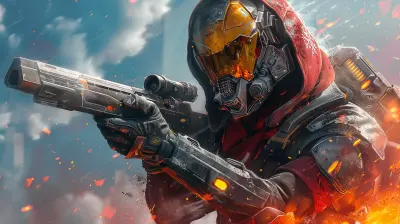Major Plot Hooks from the Get-Go: Are They Worth Following?
30 July 2025
Let’s be real for a second—when you fire up a new game, what’s one of the first things you pay attention to? The graphics? Sure. The gameplay mechanics? Absolutely. But there's often something else quietly pulling you in: the plot. Or more specifically, the major plot hook that kicks everything off.
You know what I'm talking about—the opening scene where the hero’s village burns down, a mysterious artifact falls from the sky, or an innocent character gets wrongfully accused. That one big moment that's designed to grab your attention and never let go. But here's the million-dollar question: Are those early plot hooks actually worth following, or are they just shiny bait with no satisfying payoff?
Let's dive headfirst into this storytelling rabbit hole.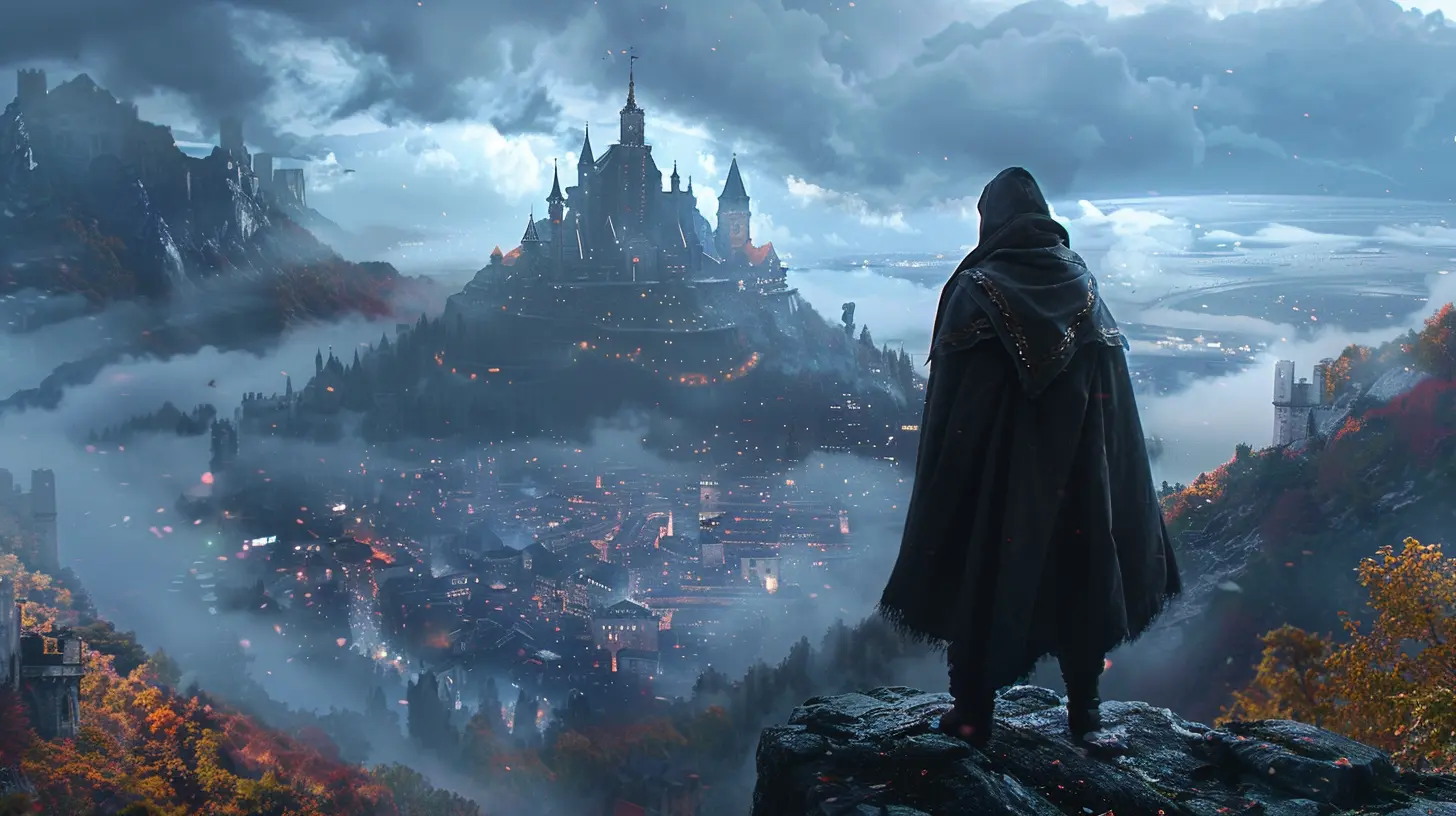
What Exactly Is a Major Plot Hook?
A major plot hook is a narrative sucker punch right at the beginning of your journey. It’s designed to make you ask, “What the heck just happened?” and more importantly, “What happens next?”Think of it like the juicy bait at the end of a fishing line. If it's intriguing enough, you're hooked. That early twist or mystery might be anything from an unexpected betrayal to an ancient prophecy with your name on it. The game’s developers want you emotionally invested ASAP, and they’ll drop a bombshell—or several—to get you there.
Why They Matter
The first impression isn’t just for dates—it matters in storytelling, too. A strong early plot hook can do a few key things:- Establish stakes: You immediately know what’s on the line.
- Set the tone: Is the game dark and brooding or colorful and comedic?
- Connect you to the world: You start forming emotional bonds with the setting, characters, and your role in the grand scheme.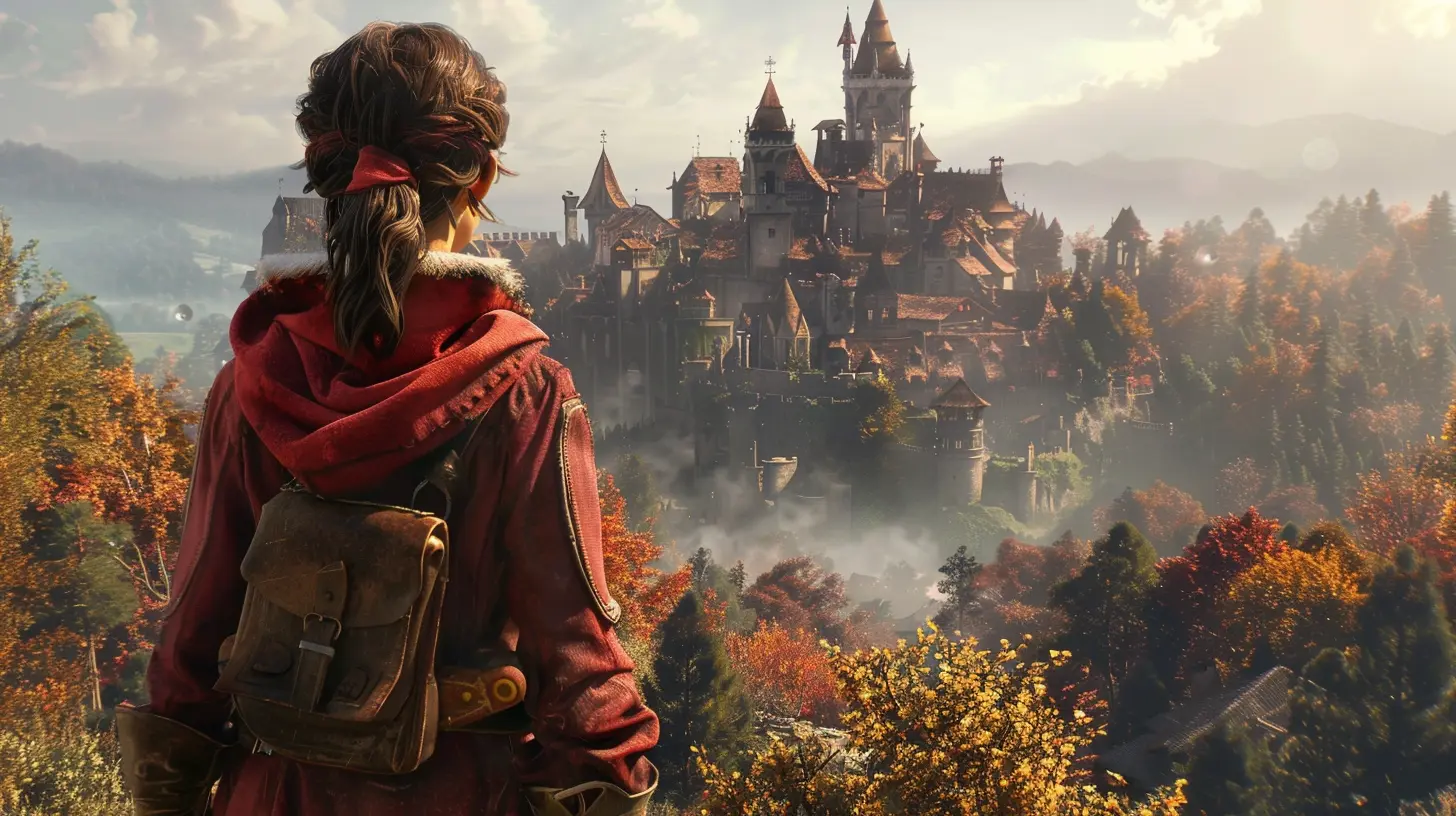
The Psychology Behind Getting Hooked
Here's the thing—humans are curious creatures. Drop us in a world where something feels off, and we’ll itch to uncover the truth. It’s the same reason we binge murder mysteries or lose sleep over cliffhangers.Early plot hooks leverage this curiosity. They're like breadcrumbs leading into a forest of questions we need answered: Who killed the king? Why did the portal open? What happened to the lost sister?
FOMO (Fear Of Missing Out) is real, even in virtual worlds.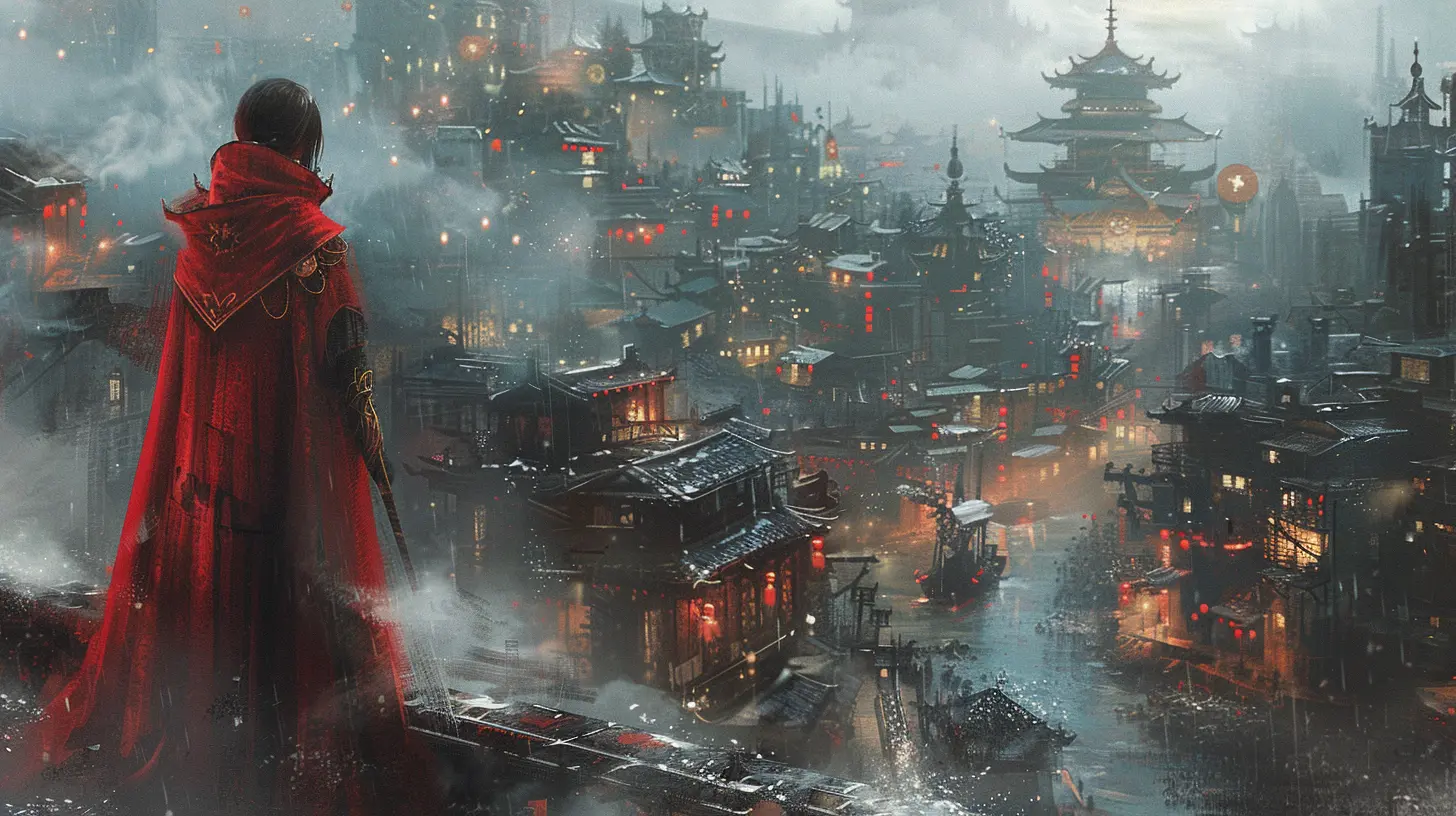
Examples of Killer Plot Hooks Done Right
Alright, let’s break down a few games that nailed their opening hooks:The Elder Scrolls V: Skyrim
“Oh no, I’m about to get executed—but wait, what’s that? A DRAGON?”Skyrim wastes zero time dragging you into its drama. You’re on death row, there's political tension, and then bam, a dragon attacks. Suddenly, you're not just escaping prison—you're stepping into an epic fantasy tale where dragons are real and you’re somehow tied to all of it.
The Witcher 3: Wild Hunt
You wake up from a dream that’s both romantic and ominous. Geralt is searching for Ciri, and you’re thrown into a world that feels alive, complex, and dangerous. That hook isn’t just emotional—it’s deeply personal. And it works.Red Dead Redemption 2
The very first chapter plants you in the thick of things. A snowstorm, a gang on the run, someone has died. You're not just playing a cowboy; you’re navigating a crumbling brotherhood. The tension is palpable from minute one.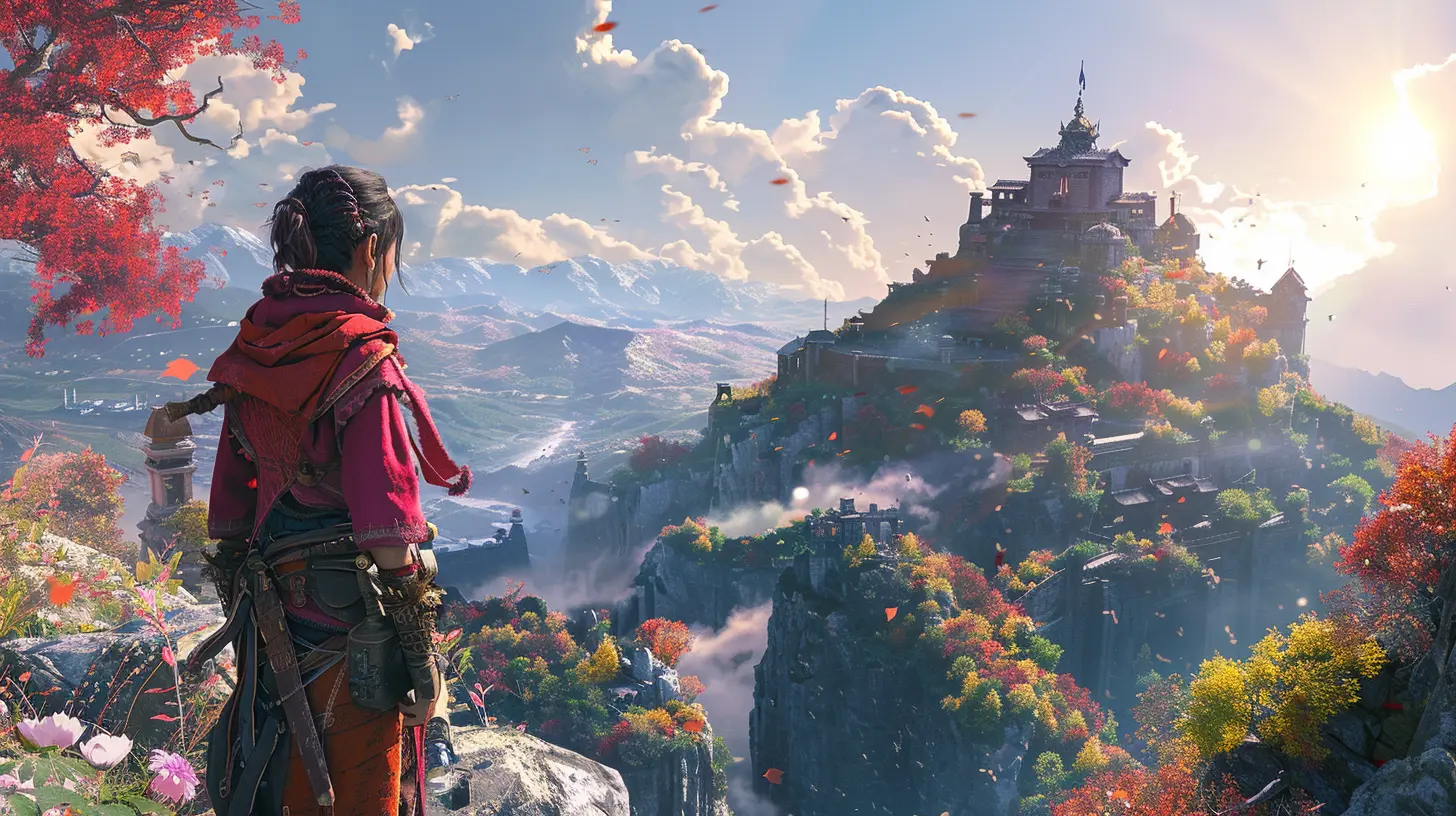
When Plot Hooks Don't Deliver
Unfortunately, not every game sticks the landing. Sometimes, that awesome-sounding intro fizzles out faster than your interest in that optional fetch quest.The Bait-and-Switch Trap
A game might serve up a super compelling intro—think mysterious alien signals, ancient curses, or secret assassins—only to immediately pivot into meaningless side quests or aimless wandering. That’s the storytelling equivalent of being promised a rollercoaster and getting a kiddie ride.Too Much, Too Soon
Other times, a game tries too hard. It slaps you with 14 factions, 7 prophecies, and a cosmic war in the first 10 minutes. Instead of intrigue, you get overwhelmed. It’s like being asked to solve a puzzle when you haven’t even figured out the edge pieces.Are They Worth Following?
So, back to our original question: Are major plot hooks actually worth chasing?Short answer: Usually, yes—but with caveats.
When They’re Worth It
- They evolve naturally: If the game builds upon that hook and expands the mystery or emotional stakes, you’re in for a ride.- They connect to the gameplay: Nothing kills a plot hook faster than gameplay that doesn’t back it up. A solid game weaves its story into the core mechanics.
- They offer payoffs: Whether emotional, narrative, or mechanical, there needs to be some kind of reward for sticking with the plot.
When They’re Not
- If it’s all style, no substance: A fancy cinematic or dramatic twist that goes nowhere? Hard pass.- When it’s just a distraction: Some games use plot hooks as a marketing gimmick. They look flashy in trailers but don’t actually contribute to the gameplay experience.
How Developers Can Get It Right
Creating a memorable plot hook is both an art and a science. Here’s what developers should keep in mind:Simplicity Over Complexity
A strong hook doesn’t need to be overly complicated. It’s better to start small—save the world-building for later. Give players a reason to care right now.Show, Don’t Tell
We’ve all sat through those 10-minute lore dumps. Not fun. Instead, show us the world in action. Let us experience the tension, the drama, the mystery.Build Momentum
An opening hook should be like lighting a fuse. Keep things moving so players don’t lose interest before the pay-off arrives.Player Tips: How to Know If a Plot Hook Is Worth Following
Not every hook is going to work for every player. Here’s how to tell if it’s worth your time:Ask Yourself These Questions
- “Am I emotionally invested in what just happened?”- “Do I care about what happens next?”
- “Is this tying into the gameplay experience in a meaningful way?”
- “Is the world giving me breadcrumbs I actually want to chase?”
If you’re nodding yes, it's probably worth diving deeper.
Trial and Error Is Okay
Hey, not every story is going to be your cup of tea. If a game’s opening doesn’t grab you by the collar, it’s alright to set it aside. There's no rule saying you have to finish everything you start. Your gaming time is precious—spend it on stories that deserve your attention.Final Thoughts
Major plot hooks are like the opening chords of your favorite song—they set the mood, tell you what to expect, and lure you into the experience. When done right, they create unforgettable memories and emotional investments that last long after the credits roll.But are they worth following? If the hook is thoughtfully crafted, naturally integrated, and leads somewhere meaningful—absolutely. But don’t be afraid to walk away if it's all flash and no follow-through.
So the next time a game drops you into the middle of a war, a deep conspiracy, or a personal tragedy—take a moment. Ask yourself: Is this just noise, or is this the start of something epic?
Only one way to find out… hit "Start" and see where the journey takes you.
all images in this post were generated using AI tools
Category:
First ImpressionsAuthor:

Tayla Warner
Discussion
rate this article
2 comments
Heather Sanders
Plot hooks are like glitter—enticing at first, but do they stick around? If they don’t lead to epic tales, I’m out! ✌️
January 11, 2026 at 3:57 PM
Peyton Warren
Oh, absolutely! Who wouldn’t want to chase after plot hooks like a dog after its own tail? Because nothing screams “great storytelling” like a convoluted mess of threads that might just lead to a giant, empty treasure chest! Sign me up! 🎮✨
August 7, 2025 at 2:45 AM

Tayla Warner
I get your point! While complex plot hooks can feel overwhelming, they can also create engaging twists and surprises that enhance storytelling. It’s all about balance! 🎮✨
